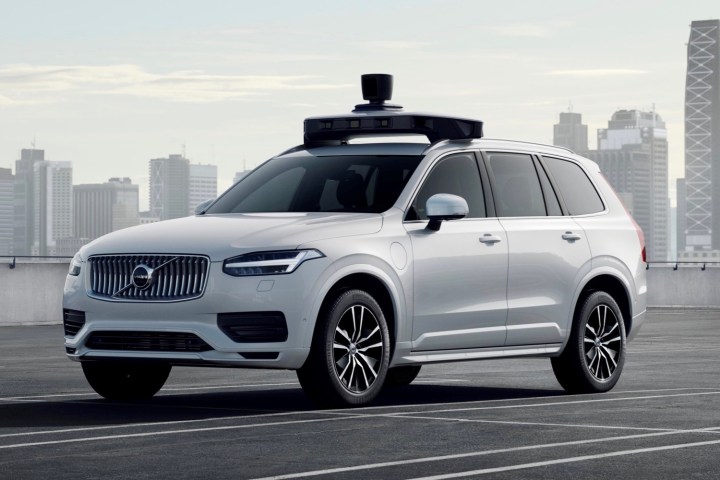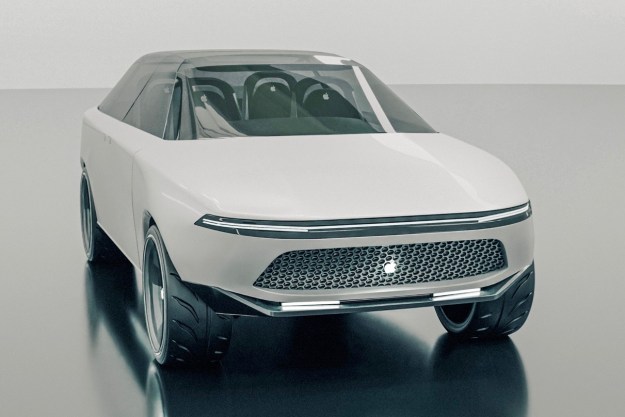
The world-renowned European Organization for Nuclear Research (better known as CERN) is working to develop “fast machine learning” for self-driving cars, according to CNBC. CERN has some of the best research facilities in the world, and has made breakthroughs in physics. But it’s unclear if CERN’s new research project will get autonomous cars into production any faster.
CERN is best known for the Large Hadron Collider, the world’s largest particle accelerator. The organization’s research produces vast amounts of data, so scientists have developed machine learning software with a focus on fast decision making, in order to sift through it. Zenuity — a joint venture between Volvo Cars and Swedish firm Veoneer — hopes to use that software to speed up decision making in self-driving cars.
In a statement, Zenuity said CERN’s Field-Programmable Gate Arrays (FPGAs) could “execute complex decision-taking algorithms in microseconds.” The idea is to use FGPAs to help autonomous cars make decisions more quickly. As any human driver knows, a quick decision is often needed to avoid a crash. But that’s only one piece of the puzzle.
Fast computing could allow self-driving cars to make decisions at the same speed as humans, but the systems that control these cars also need to have the knowledge to make the right decision. Companies developing self-driving cars are conducting real-world testing and running simulations to expose autonomous-driving systems to as many potential scenarios as possible. But the unpredictability of real-world driving conditions means covering everything is a monumental task.
Autonomous cars also need the right information to make an informed decision. The cars rely on an array of sensors — usually composed of cameras, radar, and lidar — to “see” their environment, and complex computer-vision software to interpret camera images. Creating a sensor setup that works reliably in all conditions, is durable enough for everyday use, and is cheap enough for mass production, is another major hurdle for autonomous cars.
Despite the technical challenges, many companies remain committed to self-driving cars. Volvo plans to put an autonomous car into production in the early 2020s. The automaker is also working with Uber on autonomous-driving tech. Volvo previously provided XC90 SUVs to Uber, one of which struck and killed a pedestrian in March 2018. Volvo has nonetheless renewed its partnership with Uber, and hopes to get a new generation of XC90 test vehicles on the road in 2020.
Editors' Recommendations
- An Apple car won’t be coming in 2026 after all
- Dubai Police to deploy driverless patrol cars with AI smarts
- An autonomous car in San Francisco got stuck in wet concrete
- Waymo taps the brakes on its autonomous-trucking project
- Volkswagen is launching its own self-driving car testing program in the U.S.


